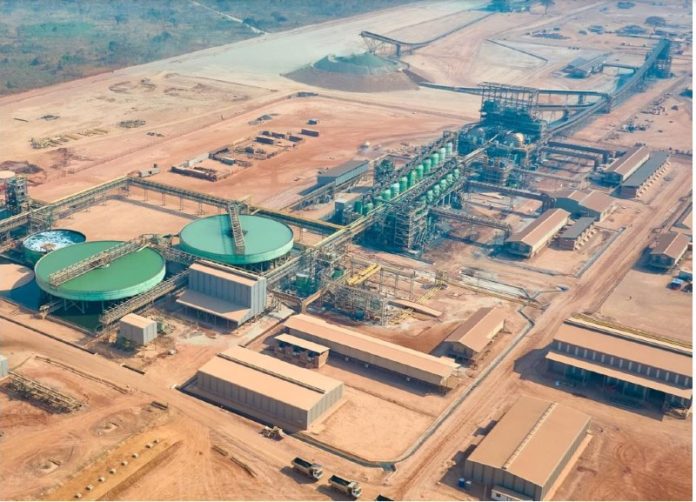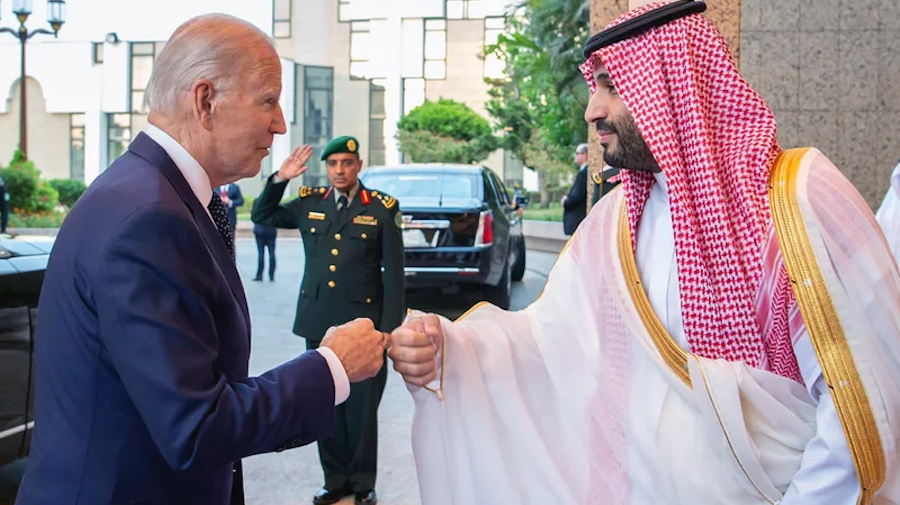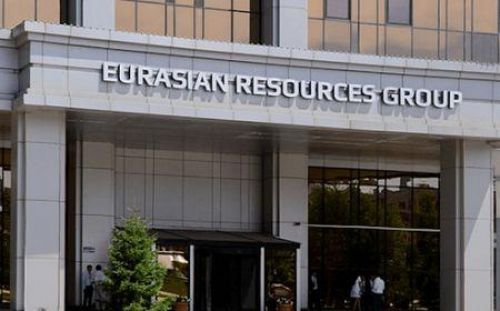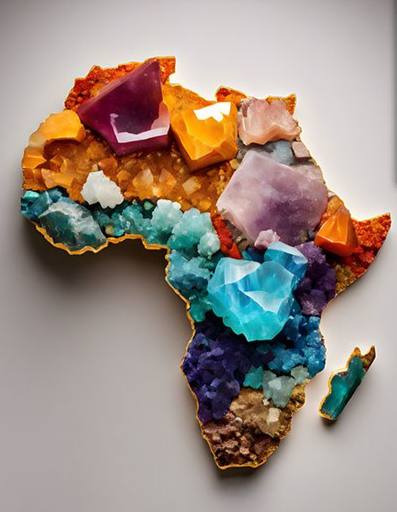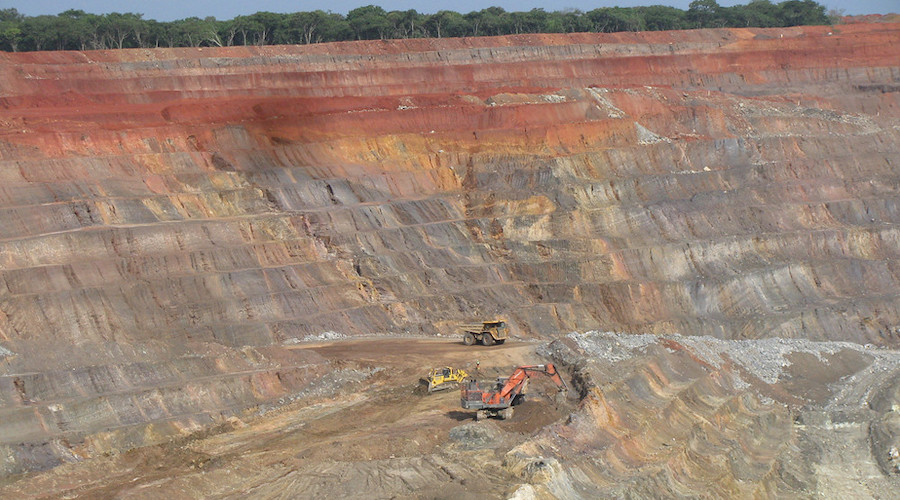Base Metals

In the Democratic Republic of Congo, Young People Chart a Future Far From the Cobalt Mines
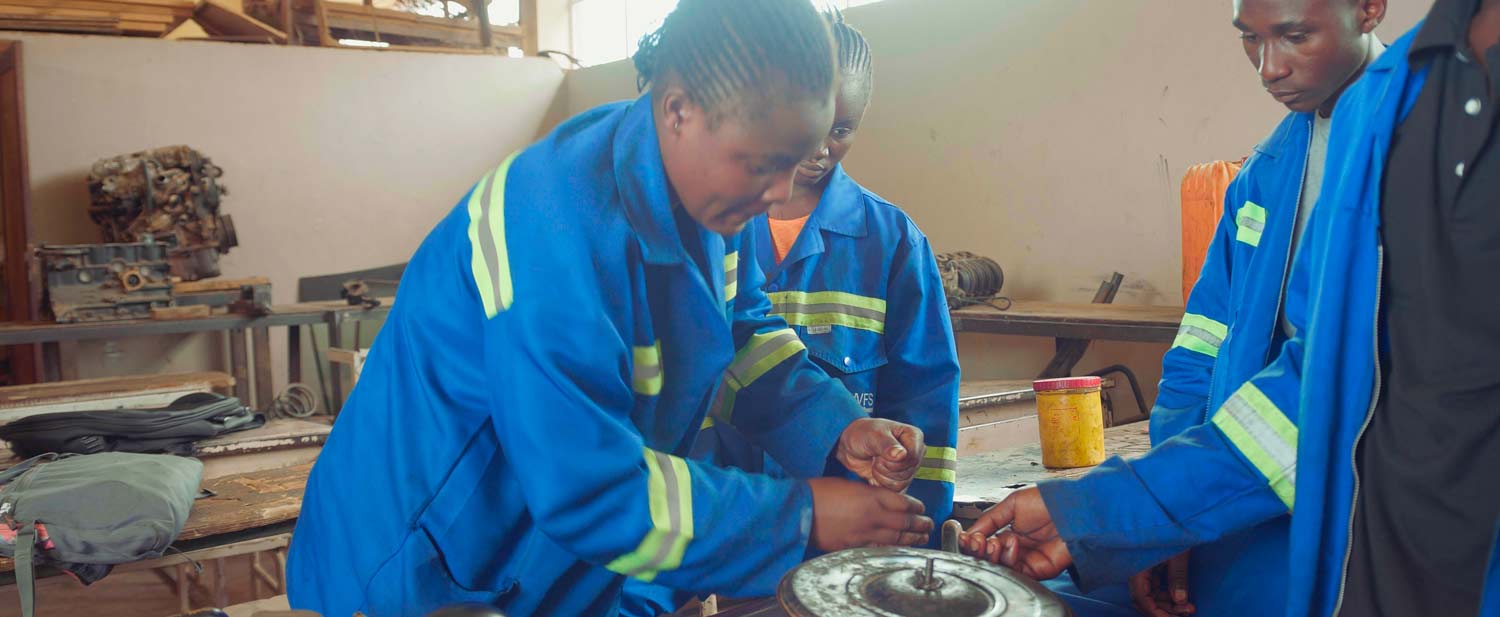
Amid clanging sound in a small workshop in Lubumbashi's Haut-Katanga, Patricia Kayombo, 17 adjusts a wrench on a car engine, her blue overalls contrasting sharply with the muddy clothes she once wore when she spent her days deep in the chocking dust of artisanal cobalt mines.
Next to her, her friend Divine Komba, 16, addresses their instructor, confidently explaining how an engine works. Her voice carries both pride and disbelief at how far she has come.
"I used to live with my mother, brothers, sisters, and my uncle and his family. Everyone worked in the mines," she recalls. "The parents dug, and the children carried and washed the ore by hand. "The dust made us cough and itch, and gave us rashes. We didn't like the work, but we had no choice."
That choice - or lack of it - defines the lives of thousands of children in the Democratic Republic of Congo's artisanal mining sector, where families depend on cobalt extraction for survival. But a growing effort, led by the African Development Bank Group, is offering an alternative path.
Funded with $82 million, the Project to Support the Alternative Welfare of Children and Young People in the Cobalt Supply Chain (PABEA-COBALT) is helping to lift children and youth out of hazardous work and into education and vocational training.
The project has two key objectives: the social reintegration of children, and the socio-economic redeployment of parents and young people in agribusiness. Since its launch, the project has returned 13,587 children to school and retrained 8,200 young workers who previously laboured in artisanal mines. In parallel, over 10,500 parents have received support to start new livelihoods in agriculture such as livestock rearing.
"Getting children out of the mines and into school is central to reorganizing the cobalt value chain in the DRC," says Raymond Besong, the African Development Bank's project manager in the country.
Beyond education, the PABEA-COBALT initiative is driving community development. So far, 963 agricultural cooperatives have been revamped, and 32 social infrastructure projects completed. Two centres for the promotion of agribusiness entrepreneurship (CPEJAB) have also been built and equipped to train young people in agricultural mechanization, food processing, livestock and aquaculture. The facilities have already cultivated five hectares of cassava, 2.7 hectares of soybeans, and two hectares of beans, alongside a fishpond stocked with 6,000 tilapia broodstock.
The project model is being extended beyond the current mining provinces, with new training and agribusiness centres planned in 14 provinces. A national warning and monitoring system to prevent children returning to the mines is also being established, while efforts are underway to extend the model to other minerals such as gold, copper, lithium, zinc, bauxite, tin, tungsten and tantalum.
For Patricia and Divine, the project has been life-changing.
"I can repair and even drive a vehicle now," Patricia says, beaming. "A lot of people call me to fix their cars - and they pay me. That money helps me support myself. I encourage other girls to love this work as much as I do. One day, I'd like to open a garage with them."
Divine dreams of furthering her skills and one day becoming a trainer to teach other girls.
Through new skills in auto mechanics, electrics, agriculture and agribusiness, Congolese youth are finding dignity in decent work, and rewriting history of their country's mineral wealth.




